Title IX and a tale of two tomboys
Celebrating women's athletics and holding space for what could have been.
I had a sport for every season when I was a kid.
It started with soccer, basketball and softball and transitioned into volleyball, racquetball and even a little Ultimate Frisbee.
I was a player who could chew and spit sunflower seeds like it was my job, a fan who knew every player on the Bulls' roster and, at my first newspaper, a cub reporter covering local sports.
I loved being part of the game. Any game.
None of that would have been possible without Title IX, a not-so-little part of the Education Amendments of the 1970s that unlocked athletics for women.
Fifty years ago today, this civil rights law opened so many doors for women like me, and those newly opened doors led to not only new experiences and skills but also new ways of thinking about ourselves.
Playing sports is where I learned how to perform under pressure and in front of a crowd. It’s where I learned how to think quickly and make decisions in a fraction of a second. It’s where I learned how to be coached by someone with more experience than me.
My relationship with my body, with leadership, with teamwork, all come from athletics.
Without Title IX, I’m not sure who I would have become.
That’s why, last fall, my heart broke when I heard my mom share something with the group of women who’d gathered to play basketball at Alamo Park in East Austin.
“I never got to do this,” she told the women, her voice wavering.
She’d been a tomboy, too.
My mom graduated from high school in 1972, just a month before the historic amendment opened doors that I would walk through 20 years later.
Her dad had been a prominent coach and athletic director at the high school during an era when only a few schools had started offering women’s athletics.
But even though my grandfather had a tall, athletically inclined daughter and could have started a program simply so she could join it, Aurora didn’t get girls’ sports until they were legally obligated to do so.
My mom likes to focus on the positive — her high school had a pioneering dance troupe that gave those young women a chance to sweat, and she learned about teamwork making the dream work as a member of the marching band — but I still feel the sting.
How would my mom’s life have changed if women’s athletics had been taken seriously 20 or 30 years earlier? What if the “A League of their Own” players had been given a chance to continue playing ball after World War II ended? Why did it take so long for girls to be allowed to play Little League?
It’s wonderful to see improvements, like the fact that the U.S. women’s and men’s soccer teams will now be paid equally and that women are now hired as assistant coaches and referees in the NBA and NFL.
I want to see us continue to push for parity on and off the court, but I also want to take a moment to reflect on all the ways that Title IX and the creation of the field of women’s athletics have benefitted everyone, not just the people who got to play.
If I learned so much and became who I am because of athletics, that means that you have friends, bosses, colleagues and neighbors who have, too.
The lessons we learned on and off the court are the ones that we use today to shape society.
The resiliency we discovered inside ourselves as athletes helps fuels our resiliency, even if we haven’t played a game in decades.
The determination, creativity and patience that we learned from our coaches influences how we show up in our friendships, in our families and in our workplaces.
So, as we celebrate the many ways that Title IX changed America this week, I also want to pause to notice the grief that hides inside it, to look around and see the ways that women and non-binary folks are still fighting for equality on and off the court and to acknowledge that there are millions of people who were left out of the game altogether.
Hi, friends!
This is the first of *two* Feminist Kitchen posts that are going out this week.
Tomorrow morning, look for a piece about the amazing experience we had visiting the George Washington Carver National Monument on Monday.
I was in Missouri for my mom’s 50th high school reunion, so I’ve been thinking a lot about this 50 year span between 1972 and today. (That’s also the year my parents met and married — within the span of a month.)
It was just the two of us all weekend, and I’m so grateful for the time we got to spend together. It’s been three and a half years since my dad died, and my mom said she feels like she’s finally getting used to her new normal.
As we all know, “getting used to” isn’t the same as “I’m so happy things happened this way,” but I’m so proud of how she’s worked with her grief to create a new chapter that is full of joy and all the other emotions that come after death.
I hope that these newsletters find you well, even amid Texas’ worsening drought and whatever else you might have going on.
If you never had a coach cheer you on when you didn’t think you could keep going, let me be the one to say: You got this.
Addie
For more on sports and feminism:




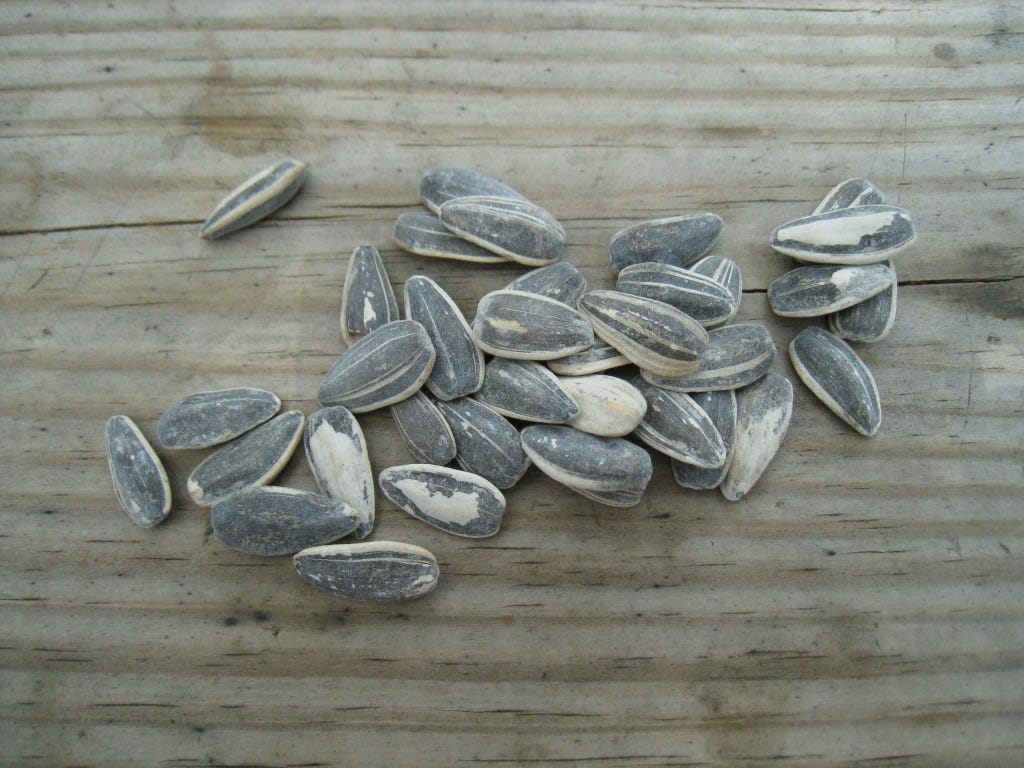
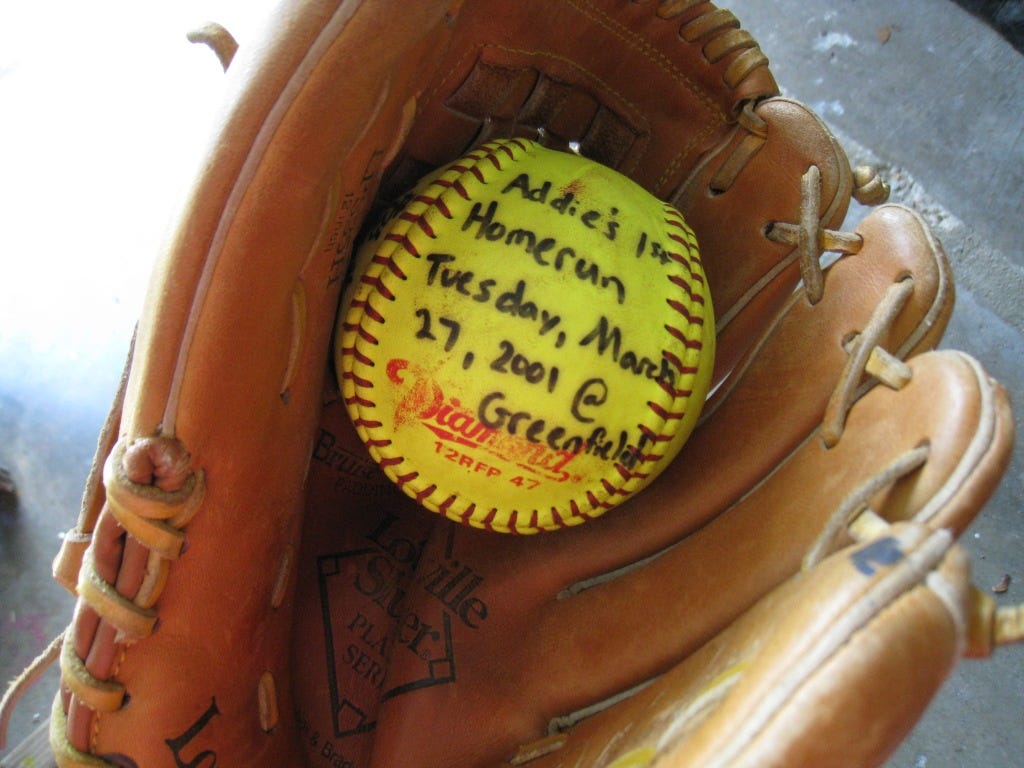

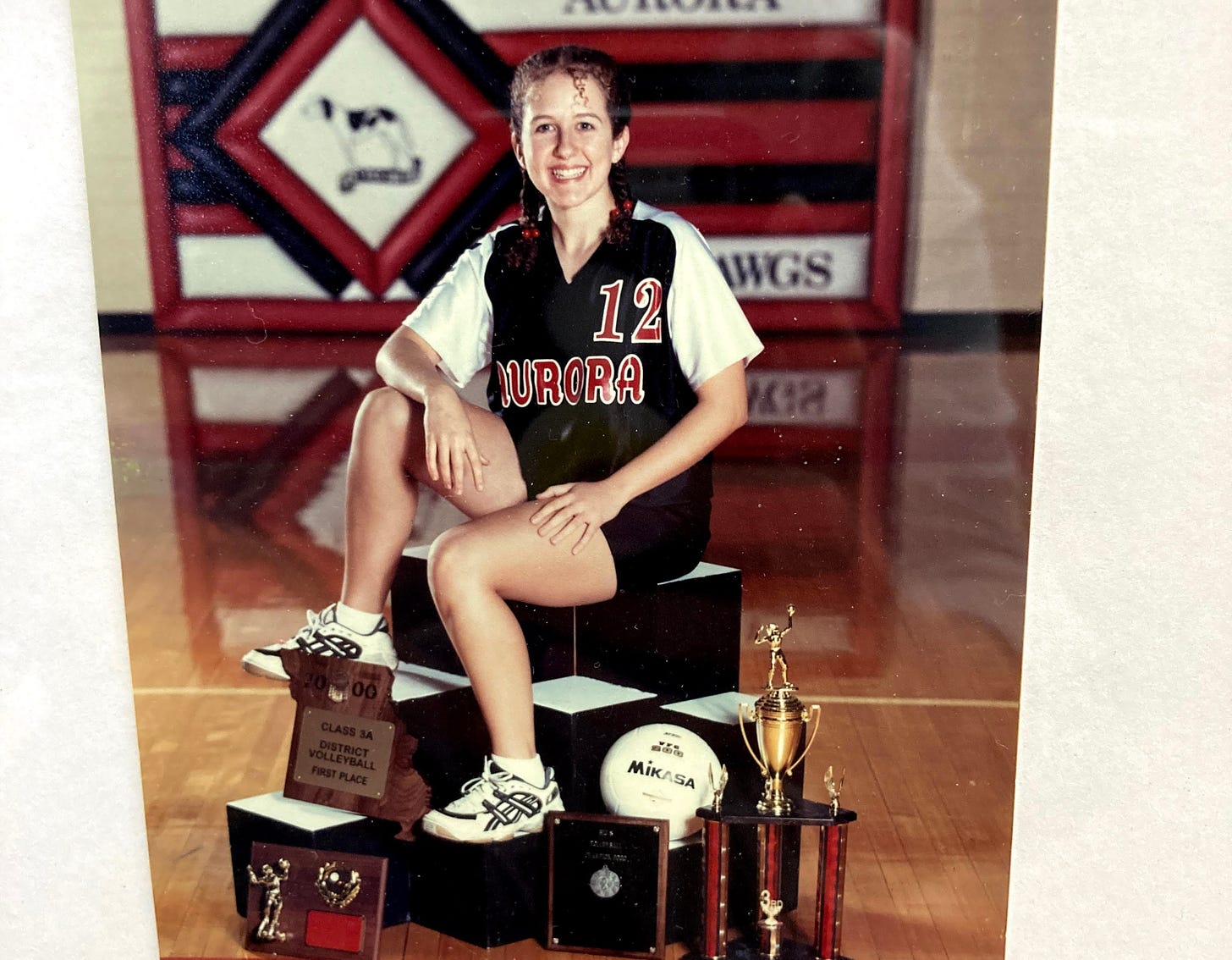
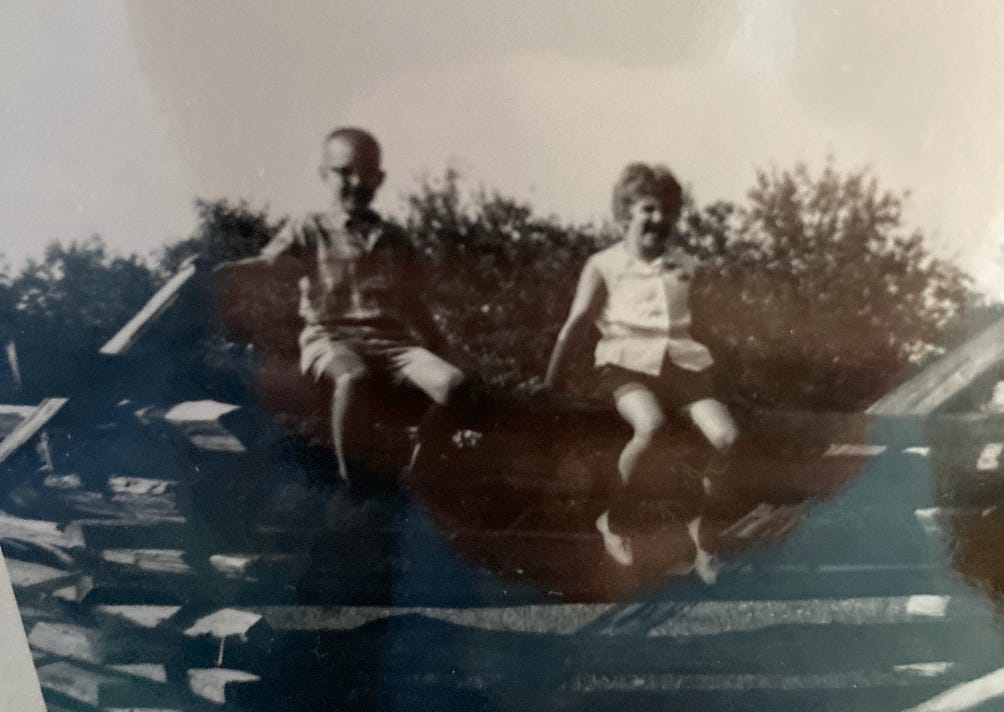
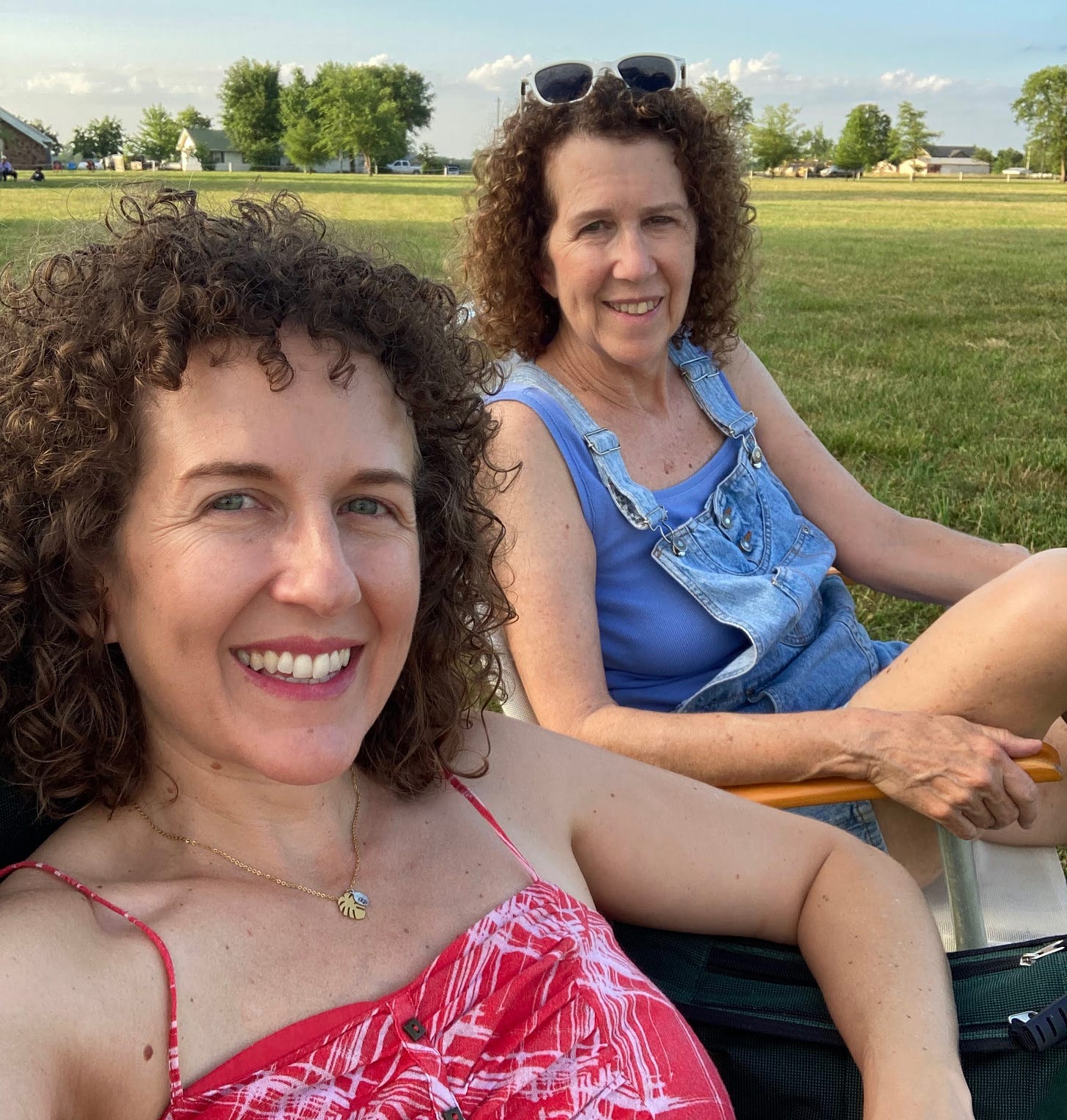

Wow Addie. This is powerful for me. I too graduated in 1972 and there was no real organized track competitive sport for girls in school. I knew it was wrong and was very upset about it. Angry. I was on the track team even though it meant nothing. I was also the fastest runner in Houston against both girls and boys in elementary school and even in junior high I was faster than the boys. The Junior Olympics asked me to join every year but it would have meant spending summers and weekends away from my family. And the beach! I wanted to compete in my own town and state with the schools and there was nada. Nada nada empanada. I'm thinking you play basketball with Martha Pinkoffs? Great writing Addie! Tomboys unite!!
Coincidentally, a picture of our girls' high school group, The Sweetie Babes, was featured in the history section of the Aurora Advertiser today. I was absent from the picture, but it was fun to see all those smiling female "athletes" who performed at the boys' high school basketball halftimes.